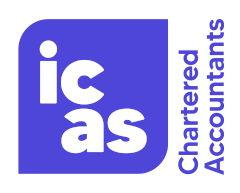What are the risks for director’s loans?
November 05, 2025
Used wisely, a company loan can be an attractive option for directors who need to access company funds, especially if the need is urgent. However, there can also be serious tax implications for the unwary.
Personal tax
As most directors are aware, taking a company loan could impact their personal tax due to possible taxable benefits. This will be the case if interest on the loan is less than HMRC’s official rate (currently 3.75%) and the director’s total beneficial loans exceed £10,000 at any point during the same tax year.
The beneficial loan tax charge is not particularly significant, with an interest-free loan of around £20,000 for six months only costing a higher tax rate-paying director around £150 in tax.
Company tax
This is where the tax situation becomes more complicated if the director is also a shareholder and the company is a close company. For owner-managed companies, this will generally be the case:
· There is no tax charge if a loan is fully repaid by the time the company’s corporation tax is due; nine months and one day after the end of the company’s accounting period.
· If not repaid by then, there is a company tax charge at the rate of 33.75% on the amount of loan still outstanding. This is in addition to the corporation tax payable.
· However, this tax charge is refunded to the company if the loan is subsequently repaid by the director.
The punitive nature of the company tax charge means that larger, more unmanageable, loans taken by a director can end up being expensive if not repaid. Further, the loan will sit on the company’s balance sheet as a red flag should the business need to raise finance, and may deter new investors or even customers.
HMRC guidance on director’s loans can be found here.
